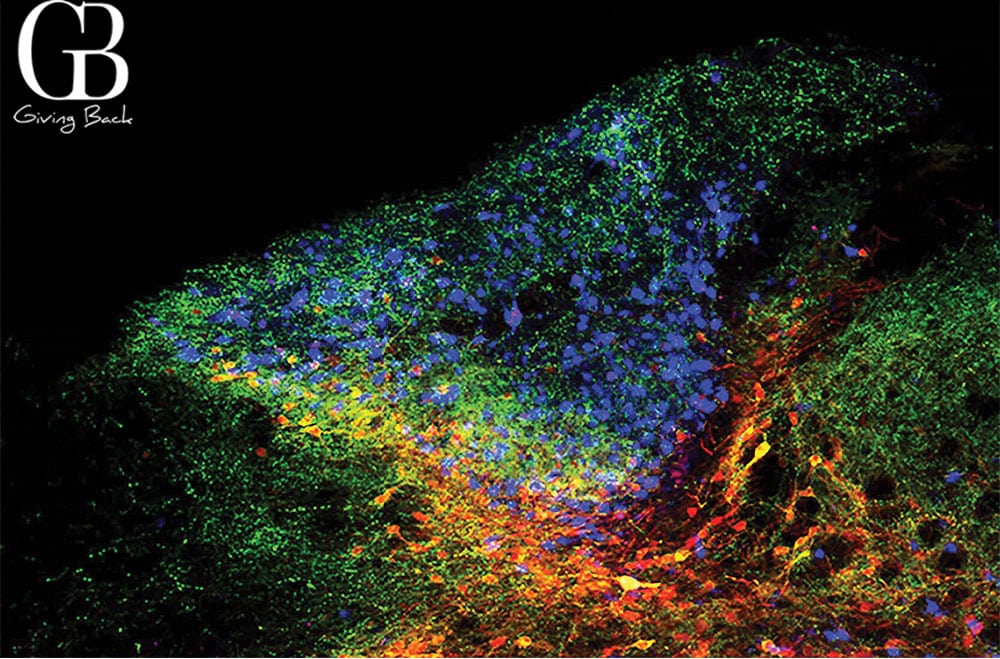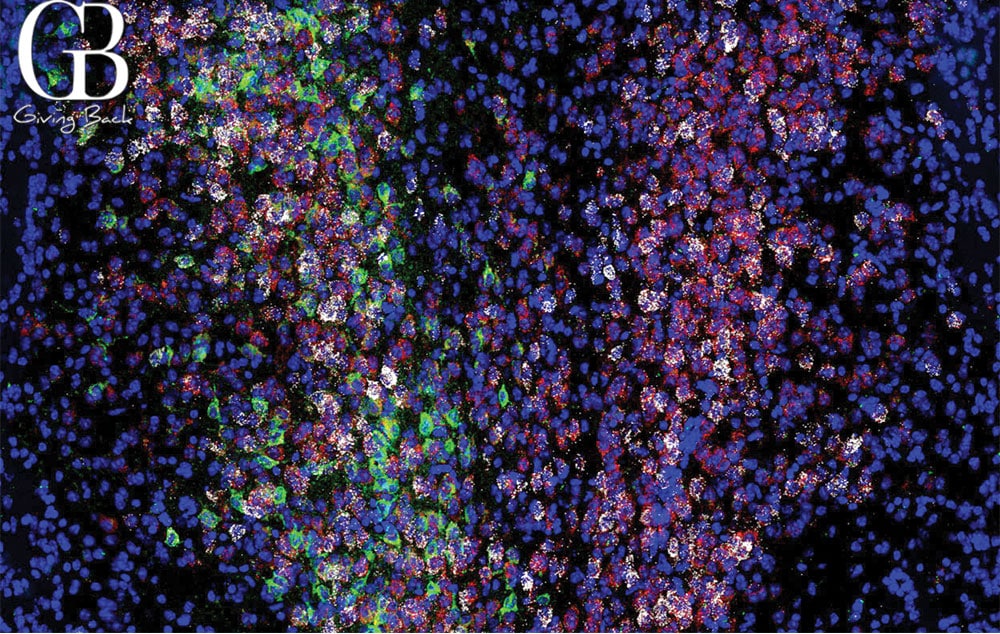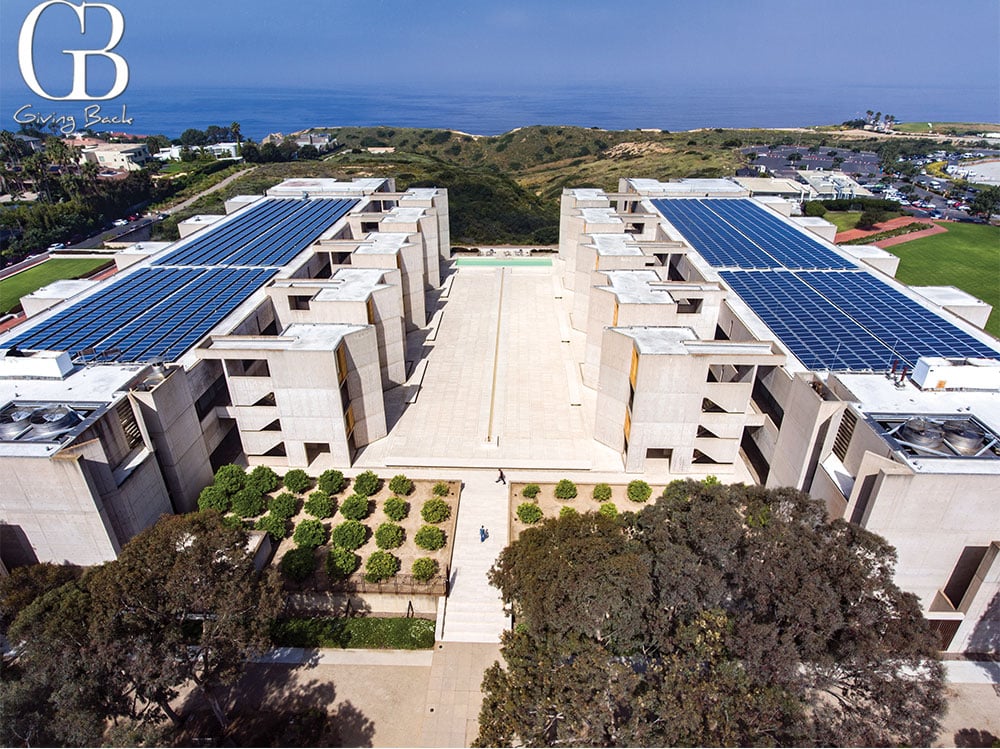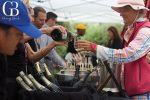Building a more resilient world
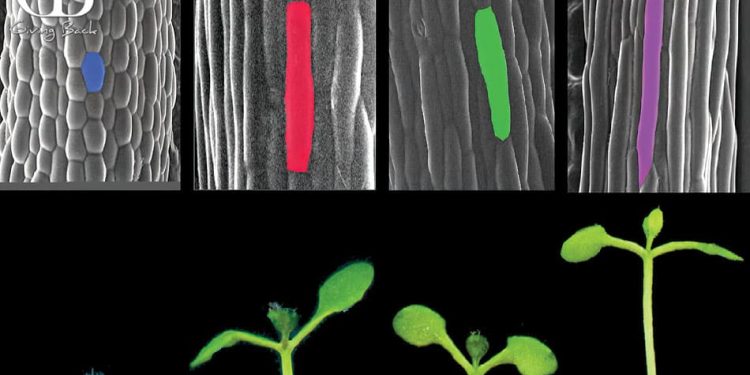
The Salk Institute’s Campaign for the Future: Building a More Resilient World is a bold, five-year, $500 million effort to attract the people and acquire the technology and space necessary to expand and accelerate life-changing discoveries.
Six Centers of Excellence are at the heart of the Campaign, focused on fields in which Salk scientists are making new discoveries every day, including these recent findings:
Neuroscience
Making a memory positive or negative: Professor Kay Tye and team discovered the molecule in the brain responsible for associating good or bad feelings with a memory. Their discovery paves the way for a better understanding of why some people are more likely to retain negative emotions than positive ones – as can occur with anxiety, depression or PTSD.
Immunobiology
Hair-raising research: Associate Professor Ye Zheng and team uncovered the molecular target of a common treatment for alopecia, a condition in which a person’s immune system attacks their own hair follicles, causing hair loss. The findings describe how immune cells interact with skin cells to generate new hair follicles and hair growth.
Aging
Alzheimer’s drug candidates reverse broader aging: Research Professor Pamela Maher and team showed how investigational drug candidates known for improving symptoms in a mouse model of Alzheimer’s disease can also slow aging in healthy older mice. The compounds block the damage to brain cells that normally occurs during aging and restore levels of specific molecules to those seen in younger brains.
Cancer
Parkinson’s, cancer, and type 2 diabetes share a key element. Professor Reuben Shaw and team discovered that an enzyme that plays a central role in cancer and type 2 diabetes also activates a “clean-up” protein in Parkinson’s disease. The finding could open new avenues for treating all three diseases.
Plant biology
How light and temperature work together to affect plant growth. Professor Joanne Chory and team discovered two molecules that accelerate growth when plants are simultaneously shaded by canopy and exposed to warm temperatures. The findings may help scientists develop more resilient plants that can withstand the effects of climate change.
Computational biology
How the brain ignores distracting information to coordinate movements. Associate Professor Eiman Azim and team used machine learning and other leading-edge technologies to discover how neurons in a small area of the mammalian brain help filter distracting signals to coordinate dexterous movements. Their work has implications for treating sensory disorders and building better prosthetics and robots.
Join us in building a healthier, more resilient world by making a donation at www.salk.edu/resilient.


